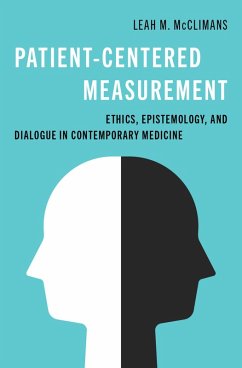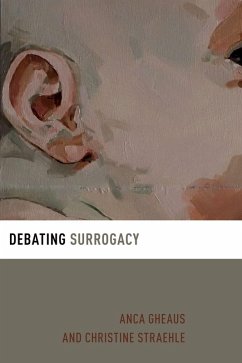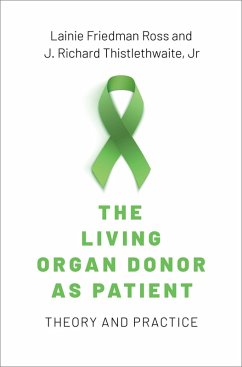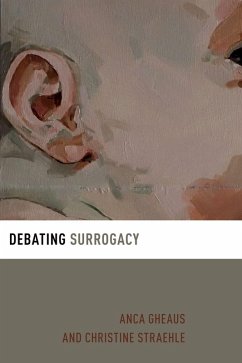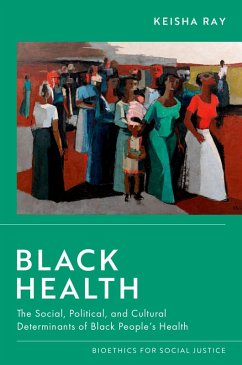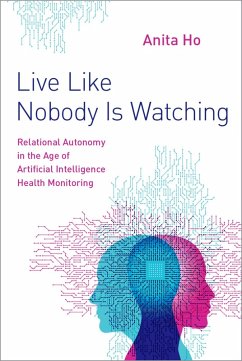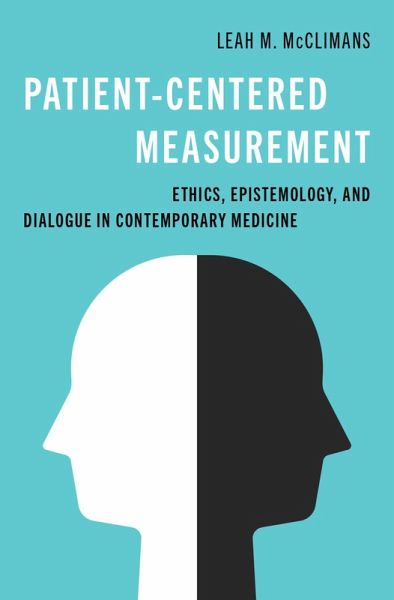
Patient-Centered Measurement (eBook, ePUB)
Ethics, Epistemology, and Dialogue in Contemporary Medicine
Versandkostenfrei!
Sofort per Download lieferbar
45,95 €
inkl. MwSt.
Weitere Ausgaben:

PAYBACK Punkte
23 °P sammeln!
Contemporary medicine is Janus-faced. Evidence-based medicine is one face, emphasizing evidence, statistics, and method. Patient-centered care is the other, prioritizing patient experiences, judgement, and values. Government agencies, policy makers, major insurers and clinicians have sought ways to bring these approaches together, and the questionnaires that patients must fill out at the doctor's office or hospital are its most common manifestation. Leah M. McClimans examines one such integrative approach, patient-centered measurement. Patient-centered measurement is the idea that patient pers...
Contemporary medicine is Janus-faced. Evidence-based medicine is one face, emphasizing evidence, statistics, and method. Patient-centered care is the other, prioritizing patient experiences, judgement, and values. Government agencies, policy makers, major insurers and clinicians have sought ways to bring these approaches together, and the questionnaires that patients must fill out at the doctor's office or hospital are its most common manifestation. Leah M. McClimans examines one such integrative approach, patient-centered measurement. Patient-centered measurement is the idea that patient perspectives on, for instance, physical functioning or quality of life, should play an evidentiary role in determining how effective a drug is taken to be, the degree to which a hospital provides good quality care or whether a particular intervention should be funded by an insurer. Patient-centered measurement treats patient perspectives on par with more traditional metrics such as mortality, morbidity, and safety. But how can measurement, which relies on standardization, represent patient perspectives, which, if not idiosyncratic, are at least various and changeable? Leah M. McClimans investigates the history and philosophy of patient-centered measurement, examining the use and role of patient questionnaires, and explores how patient-centered measurement sits within the contemporary preoccupation with evidence-based medicine.
Dieser Download kann aus rechtlichen Gründen nur mit Rechnungsadresse in A, B, BG, CY, CZ, D, DK, EW, E, FIN, F, GR, HR, H, IRL, I, LT, L, LR, M, NL, PL, P, R, S, SLO, SK ausgeliefert werden.




